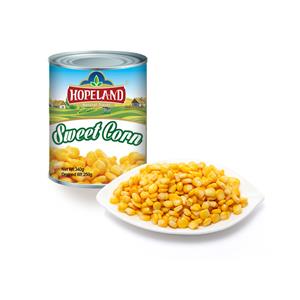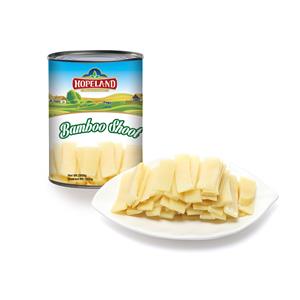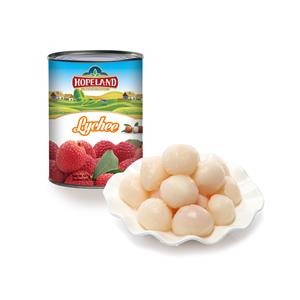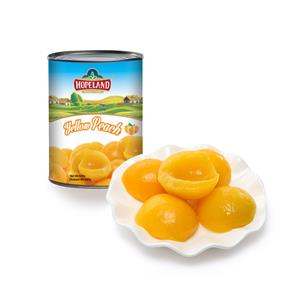What Should I Pay Attention to When Storing and Using Canned Foods?
Contents:
1. Optimal Storage Conditions
2. Organizing Your Pantry
3. Handling Opened Canned Foods
4. Maximizing Shelf Life
5. Safety Considerations
6. Conclusion
Canned foods are a convenient and versatile pantry staple, offering long shelf life and ease of use. However, to ensure you get the most out of your canned goods, proper storage and handling are essential. In this guide, we will explore important considerations for storing and using canned foods to maintain their quality and safety. By following these best practices, you can enjoy the benefits of canned foods while minimizing the risk of spoilage.
Optimal Storage Conditions
One of the key storage methods for canned foods involves keeping them in a cool, dry place. Canned goods should be stored at a consistent temperature, ideally between 50°F and 70°F (10°C and 21°C). Avoid areas with high humidity or drastic temperature fluctuations, such as garages, attics, or near heating elements. Exposure to extreme temperatures can compromise the integrity of the cans and the safety of their contents. A kitchen pantry or a dedicated food storage cabinet is ideal for maintaining a stable environment for your canned foods.
Organizing Your Pantry
Effective organization is another important aspect of storage methods for canned foods. To keep your pantry organized and ensure that older items are used first, implement a system of rotating your stock. Place newer cans behind older ones, so the older cans are easily accessible and consumed first. Label shelves with categories such as vegetables, fruits, proteins, and soups to make finding items easier and quicker. Regularly check the expiration dates and condition of the cans, discarding any that are dented, bulging, or rusted, as these can be signs of potential spoilage.
Handling Opened Canned Foods
Proper handling of opened canned foods is crucial to prevent contamination and waste. Once a can is opened, any unused portion should be transferred to an airtight container and refrigerated immediately. Never store food in the opened can, as the metal can react with the food and affect its taste and safety. Most opened canned foods should be consumed within 3-4 days. For storage methods for canned foods that involve refrigeration, ensure that the container is clearly labeled with the date it was opened to keep track of freshness.
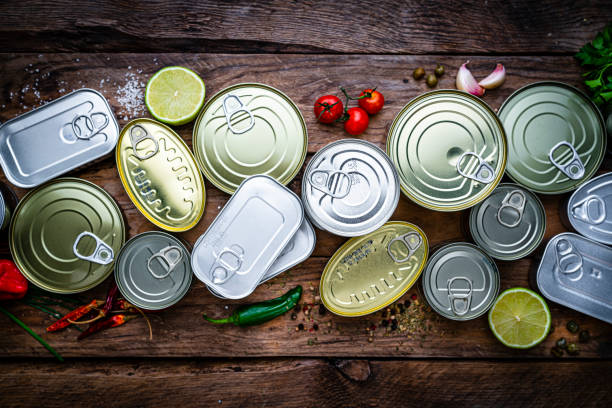
Maximizing Shelf Life
To maximize the shelf life of your canned foods, consider the specific storage methods for different types of canned items. High-acid foods like tomatoes and citrus fruits can last up to 18 months, while low-acid foods such as meats and vegetables can last up to 5 years if stored properly. Always inspect the condition of the can before use. A can with a smooth, unblemished surface is likely safe, but any signs of leakage, rust, or swelling should be taken seriously. Following these guidelines helps ensure that your canned foods remain safe and nutritious for as long as possible.
Safety Considerations
Safety is paramount when storing and using canned foods. Always practice proper hygiene when handling canned goods, including washing your hands and using clean utensils to open and transfer food. If a can spurts liquid or foam when opened, or if the contents have an off smell or appearance, discard the food immediately. Botulism, a rare but serious illness caused by bacteria in improperly stored or damaged canned foods, can be fatal. By adhering to recommended storage methods for canned foods, you can significantly reduce the risk of foodborne illness and ensure your pantry staples are safe to consume.
Conclusion
Storing and using canned foods effectively involves understanding and implementing proper storage methods for canned foods. By keeping your canned goods in optimal conditions, organizing your pantry, handling opened cans correctly, maximizing shelf life, and prioritizing safety, you can enjoy the convenience and nutritional benefits of canned foods without worry. These best practices will help you maintain a well-stocked and safe pantry, ensuring that your canned foods are always ready to use when you need them.

